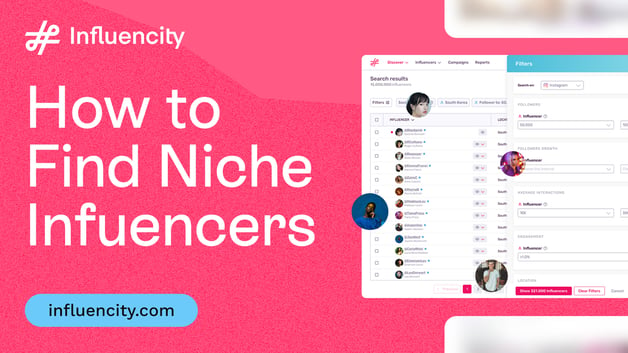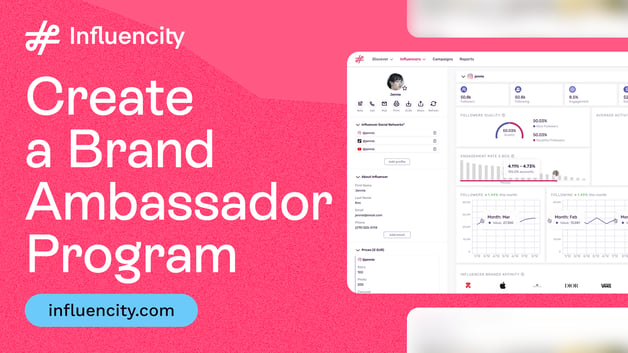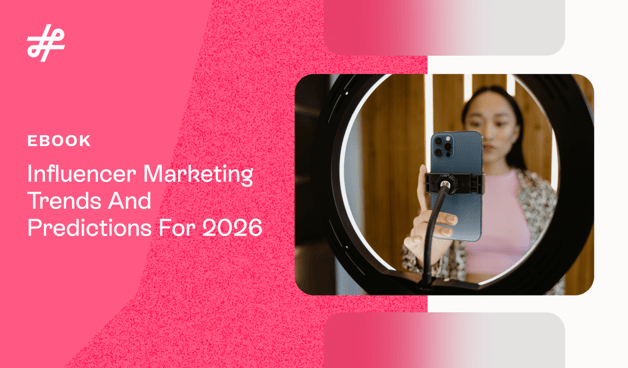The Power of Storytelling in Influencer Marketing for Brands
In marketing, brands are constantly seeking innovative ways to capture the attention of their audiences. One powerful strategy that has emerged is storytelling in marketing. When combined with influencer marketing, storytelling can create emotional connections, enhance brand authenticity, and foster deeper audience engagement. Let’s take a closer look at the impact of storytelling in influencer marketing as well as some techniques and examples of successful campaigns.
Some highlights from the post:
- Creating emotional connections: Stories evoke emotions, making them a powerful marketing tool.
- Enhancing brand authenticity: Consumers value authenticity. Influencers weaving brand messages into genuine stories make marketing feel more authentic.
- Techniques for crafting compelling narratives: Tips on relatability and personalization, visual storytelling, maintaining an authentic voice, and incorporating user-generated content.
- Showcasing successful campaigns: Examples showcasing how storytelling can lead to meaningful, lasting connections with consumers.
This post is a must-read for marketers and brand managers looking to leverage the power of storytelling in their influencer marketing strategies.
The Impact of Storytelling in Influencer Marketing
In influencer marketing, capturing and retaining the attention of audiences is a significant challenge. Traditional advertising methods are often overlooked or dismissed by consumers who are constantly bombarded with content. This is where storytelling becomes a powerful tool.
When influencers incorporate compelling narratives into their content, they can create deeper emotional connections with their followers. Storytelling in influencer marketing engages, captivates and also humanizes both the brand and the influencer, making them more relatable and memorable. This approach fosters trust and loyalty, enhancing the overall effectiveness of marketing campaigns.
Let's delve into the profound impact that storytelling has in influencer marketing:
Creating Emotional Connections
Stories have the unique ability to evoke emotions, making them a powerful tool for marketing. When influencers share personal stories or experiences, they connect with their audience on a deeper level. These emotional connections can lead to increased trust and loyalty towards the brand being promoted.
- Example: An influencer sharing their personal journey of overcoming challenges with the help of a fitness brand can inspire and motivate their followers, creating a strong emotional bond with the brand.
Enhancing Brand Authenticity
In today’s market, consumers value authenticity. Influencers who weave brand messages into genuine stories can make marketing efforts feel more authentic and less like traditional advertising. Authenticity is key to building long-term relationships with consumers.
- Example: A beauty influencer using and reviewing skincare products as part of their daily routine can make the brand appear more trustworthy and relatable, as opposed to a direct sales pitch.
Fostering Deeper Audience Engagement
Stories are inherently engaging. They captivate the audience’s attention and encourage them to interact with the content. When influencers tell compelling stories, their followers are more likely to like, comment, and share, thereby increasing the reach and impact of the campaign.
- Example: A travel influencer documenting their adventures using a specific travel gear brand can engage their audience through stunning visuals and compelling narratives, prompting followers to engage with the content and share their own travel stories.
Techniques and Tips for Crafting Compelling Narratives
Relatability and Personalization
Influencers who share relatable and personalized stories can resonate more deeply with their audience. Personal anecdotes and experiences make the content more relatable and memorable.
Tip: Encourage influencers to share real-life experiences and challenges that their audience can identify with. This will create creates a stronger connection and makes the brand feel more accessible.
Visual Storytelling
Visual content is highly effective in storytelling. High-quality photos, videos, and graphics can enhance the narrative and make it more engaging. Influencers often use a combination of visual elements to create a cohesive and compelling story.
Tip: Invest in high-quality visual content. Whether it’s a beautifully shot video or a striking photo series, visuals can significantly amplify the impact of the story being told.
Consistency and Authentic Voice
Consistency in storytelling helps in building a recognizable brand reputation and narrative. Influencers should maintain their authentic voice while integrating brand messages, ensuring that the story remains true to their style and resonates with their audience.
Tip: Allow influencers the creative freedom to integrate your brand naturally into their content. This will ensures that the message comes across as authentic rather than forced.
Incorporating User-Generated Content
User-generated content (UGC) can add credibility and authenticity to the influencer’s story. Encouraging followers to share their own experiences with the brand and featuring these stories can create a sense of community and trust.
Tip: Launch campaigns that invite your audience to share stories related to your brand. Highlighting these user-generated stories in your marketing efforts to can amplify authenticity and engagement.
Successful Storytelling in Influencer Marketing Campaigns
Dove’s Real Beauty Campaign
Dove’s Real Beauty campaign is a prime example of successful storytelling in influencer marketing. The campaign featured influencers and everyday women sharing their personal stories and experiences with beauty and self-esteem. This narrative resonated deeply with audiences, enhanced Dove’s brand authenticity, and fostered emotional connections.
GoPro’s Adventure Stories
GoPro collaborates with adventure influencers who document their thrilling experiences using GoPro cameras. These influencers share captivating stories of extreme sports, travel, and exploration, showcasing the product in real-life scenarios. The engaging content not only highlights the product’s capabilities but also inspires the audience.
Airbnb’s Travel Tales
Airbnb’s influencer marketing campaigns often feature travel influencers sharing their unique experiences staying at Airbnb properties around the world. These stories are filled with personal anecdotes, cultural insights, and stunning visuals, making them highly engaging and relatable. The storytelling approach enhances brand affinity and encourages followers to consider Airbnb for their travel plans.
Conclusion
Storytelling in marketing, particularly within influencer marketing campaigns, is a powerful tool for brands. It creates emotional connections, enhances brand authenticity, and fosters deeper audience engagement. Influencers can enhance the effectiveness of their marketing efforts by utilizing methods like relatability, visual storytelling, consistency, and user-generated content. These techniques enable them to create engaging narratives that strongly connect with their followers. The success of the campaigns mentioned earlier illustrates how storytelling can revolutionize marketing strategies, resulting in significant and enduring consumer relationships.
Tags:







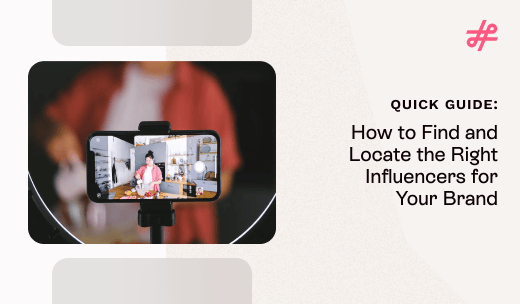


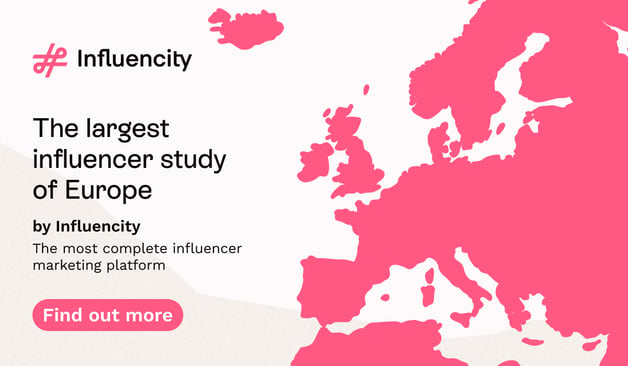




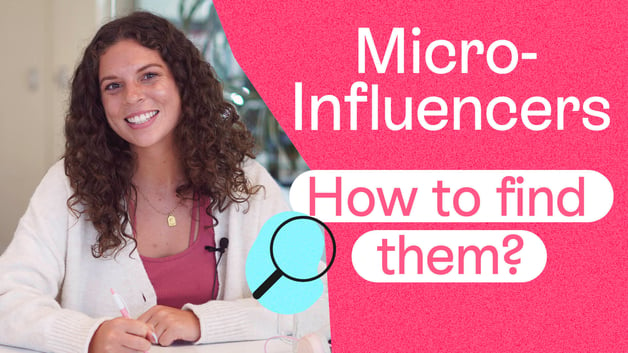


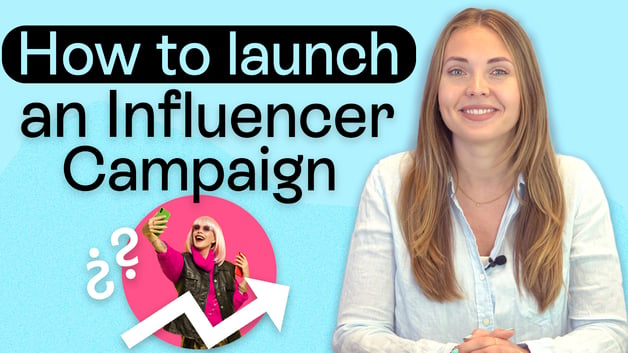

%20and%20How%20Can%20They%20Benefit%20Your%20Brand%20article.jpg?length=628&name=What%20Are%20Key%20Opinion%20Leaders%20(KOL)%20and%20How%20Can%20They%20Benefit%20Your%20Brand%20article.jpg)
